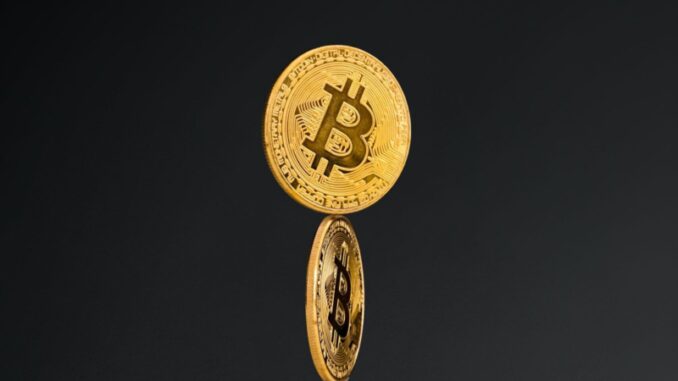
Published in El Pais, 23 February 2022.
Canada has been all over the news lately and depending on your point of view, for good or bad reasons. The government made all truckers crossing the Canada/US border to require to be fully vaccinated, the US has a similar policy, for 90% of truckers that are vaccinated this meant nothing but for the rest they were outraged as they would potentially be out of a job. To fight this, they did what was dubbed the so called “Freedom Convoy” by organizing truckers in Western Canada to make the drive down to Ottawa. This quickly snowballed into a movement not just about vaccines but about all covid restrictions such as lockdowns, masks and gathering restrictions. They even called for the Governor General (Queen Elizabeth’s representive) and the Senate to take control over the government (just a quick lesson on the Canadian Constitution, it does not work like that).
We are nearly a month into the protest and while for the most part it has not been violent, it has been destructive to the Canadian economy as protestors blocked border crossings forbidding truckers not taking part in the protest from doing their job, forcing businesses to close their doors and harassing people wearing masks and forcefully removing them.
The result was Prime Minister Trudeau invoking the “Emergencies Act” which gave him extra powers to help end the convoy such as freezing bank accounts associated with the movement including cryptocurrency wallets. For many the whole point of cryptocurrency was the ability to remove banks and governments to create a truly decentralised financial system. So how are they able to take your cryptocurrency? While we are on our way to a decentralised system we are not there yet, and cryptocurrency and fiat systems still must work together.
In the case of the convoy organizers must use a centralized exchange to turn Bitcoin into Canadian dollars. Any cryptocurrency held on an exchange is subject to seizer like fiat currency in a bank account. The organizers could of course hold their money off an exchange and keep it safe but then would be reliant on retailers who accept cryptocurrency as payment which limits their options, who they themselves can then face restrictions.
Cryptocurrency and blockchain can create a financial revolution, but it cannot be used to flaunt laws and regulations. If your goal with cryptocurrency is to make illegal activities easier, you will likely not succeed.



Be the first to comment